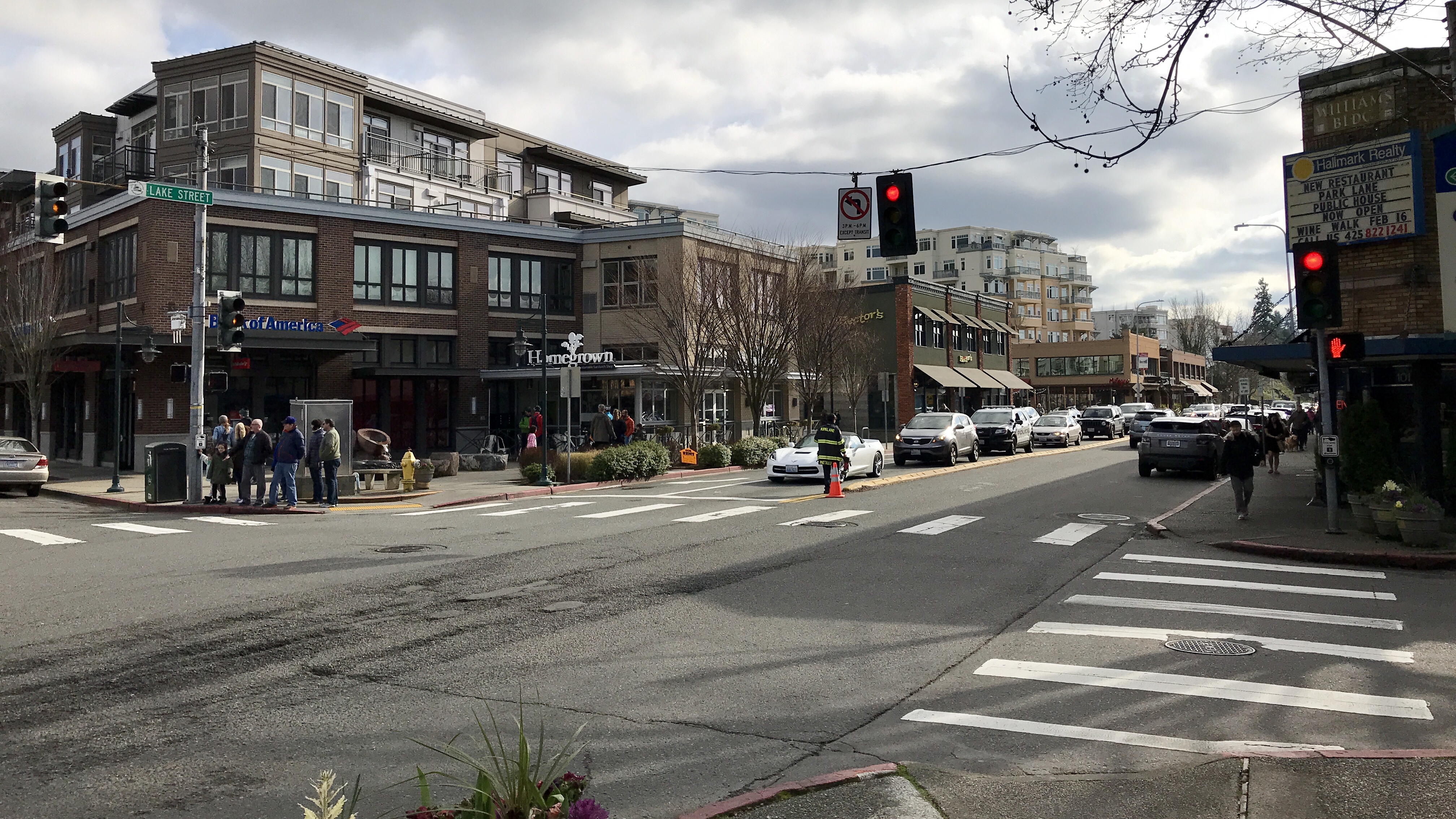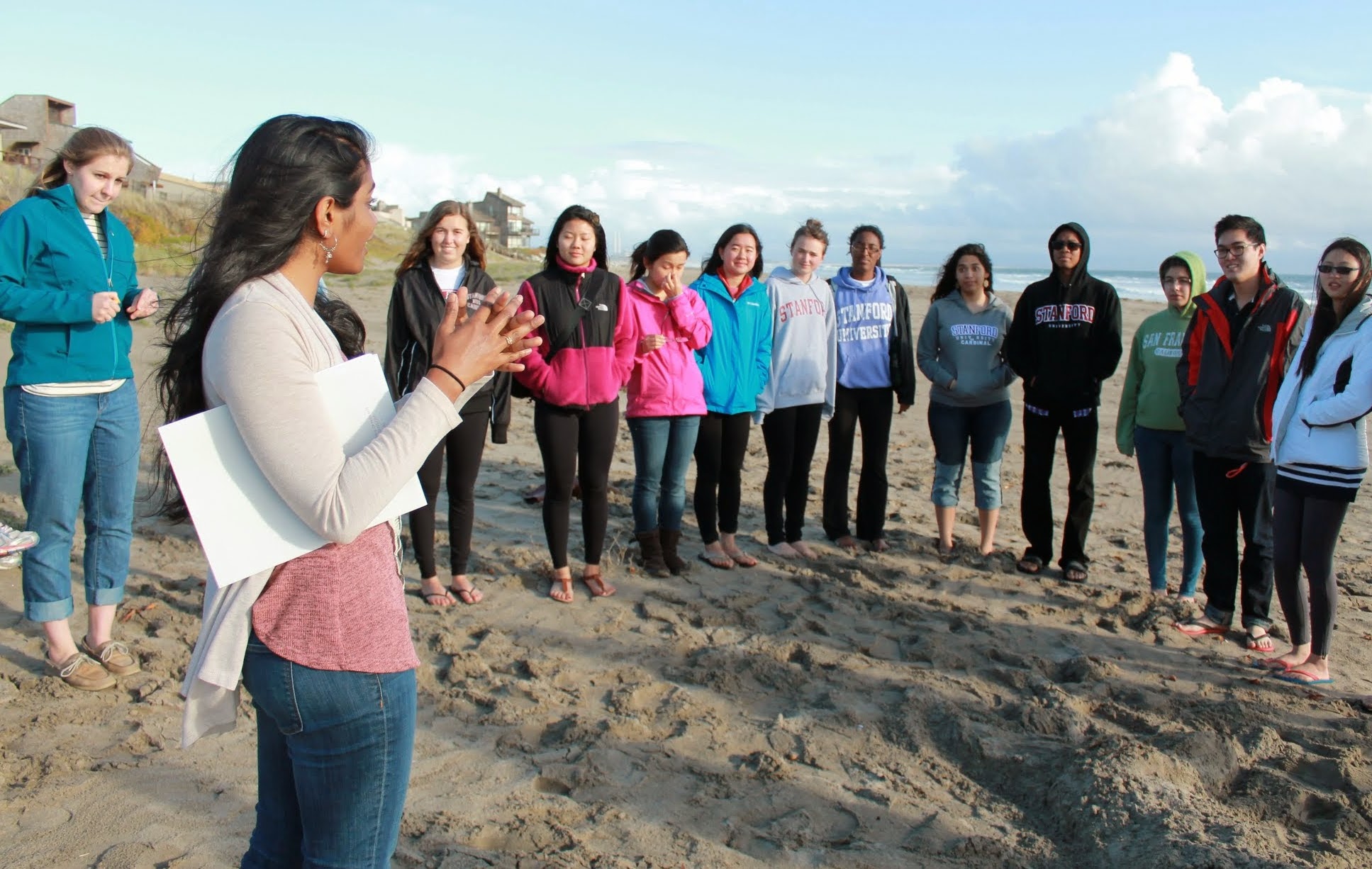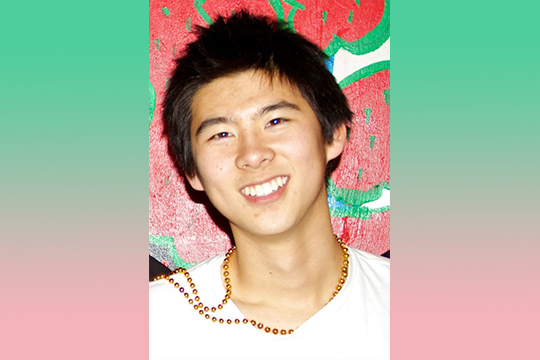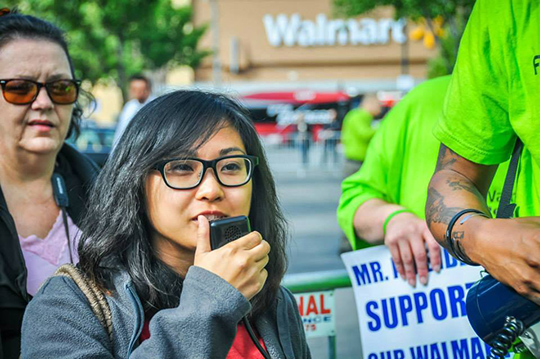Tag: Stanford

Mustard seeds
By Neal Black, ’94 (Civil/Environmental Engineering)
How small is a mustard seed, exactly?
I’m asking myself this from the dais of council chambers at the first council meeting after being sworn in. My decision to run for local office last November was inspired, in part, by my former Stanford classmate, now Senator, Cory Booker, who has instructed college graduates to “Stay faithful in things large and taking on the world, but stay faithful in those things small – because remember it’s the small things, the size of a mustard seed, that ultimately moves mountains.” As I work through tonight’s agenda, I’m wondering: When Cory thinks of a mustard seed, just how small a seed does he picture?
Tonight’s council agenda consists of a proposal to allow temporary signs on city right-of-ways (picture an A-frame sandwich board along the curb) and a proposal to up-zone four city blocks from two stories to five stories. Compared to things large, these seeds are tiny.
But wait. The community speaks, and I listen. I learn that A-frame sandwich boards are a matter of economic fairness and inclusiveness for some small business owners who can’t afford high-rent space along the main thoroughfare, some of whom are immigrants, older entrepreneurs, or just starting out. And those three extra floors? If done correctly, they’re a small part of a regional solution to affordable housing—a crisis here in the Seattle area.
Mustard seeds are tiny indeed. (I know. I Googled it.) But running for local office and working with like-minded neighbors to make small improvements to the city, ultimately, improves people’s lives.
 Neal began as a tutor for the Ravenswood-Stanford Tutoring Program (RSTP), working with students in East Palo Alto and Redwood City. He was a tutor coordinator in RSTP for two years. Neal was also a Stanford in Government fellow, interning at the Natural Resources Committee of the California State Assembly, and he attended Stanford in Washington, where he interned in the White House Office on Environmental Policy. Now a lawyer in Seattle, he has incorporated service to his community into his career and family life. He is the chair of the King County Bar Association’s Public Policy Committee, and, in November 2017, he was elected to the Houghton Community Council in Kirkland, Washington.
Neal began as a tutor for the Ravenswood-Stanford Tutoring Program (RSTP), working with students in East Palo Alto and Redwood City. He was a tutor coordinator in RSTP for two years. Neal was also a Stanford in Government fellow, interning at the Natural Resources Committee of the California State Assembly, and he attended Stanford in Washington, where he interned in the White House Office on Environmental Policy. Now a lawyer in Seattle, he has incorporated service to his community into his career and family life. He is the chair of the King County Bar Association’s Public Policy Committee, and, in November 2017, he was elected to the Houghton Community Council in Kirkland, Washington.

Opportunities, not obstacles
By Anisha Mudaliar, ’15 (Economics)
In February of my freshman year, I had a chance to sit around a table with former Senator Russ Feingold and other students in Stanford in Government (SIG) to discuss the US’s responsibility to engage in sub-Saharan Africa. As former Chairman of the Senate Foreign Relations Committee on African Affairs, Senator Feingold shared with us the nuances and challenges of US policy in Africa as we delved into case studies ranging from diplomatic efforts to create an independent South Sudan to the use of military force in Uganda. Through this experience, among many others with SIG—including hearing from global leaders like Kofi Annan and Al Gore—I have had the opportunity to gain deeper insights into the role of policy as a tool to effect change at a large-scale level.
SIG has exposed me to the intricacies of the policy-making process, not only through discussion seminars and speaking events, but also through real-world applications of my learning through a SIG Fellowship with the Reserve Bank of India (RBI). SIG has established a range of fellowships in public service and policy around the world in institutions like RBI, the California Department of Education, NYC Economic Development Corporation, and UN High Commission on Refugees. At the core of these opportunities is the belief that individuals—and especially young individuals like ourselves—have the power to engage with policy and wrestle with some of our world’s toughest challenges. SIG has encouraged me to see the enormity of these challenges not as obstacles, but as opportunities—opportunities to learn, work, and serve alongside others to contribute to a more just and sustainable world.

Technology with purpose
By Sean Wang, ’15 (Biological Sciences)
When I first entered college, I had virtually no concept of “social entrepreneurship,” let alone its role as a pathway of public service. My interest in the topic arose from a fortuitous introduction to the “social-e” sphere through the Compass Fellows program and Social-E Capital, an early-stage social venture competition. Soon I began exploring how the technical aspects of science and engineering can be effectively leveraged for service.
Over time, several classmates and I have coordinated Stanford4Good, a conference on social entrepreneurship that convenes science and engineering undergraduates with young Stanford alumni working in social impact. We also partnered with the Career Development Center to recruit more tech-oriented organizations to the Social Impact Career Fair. Multiple attendees at these two events have expressed their excitement around “technology with purpose” – a notion I hope will become the norm as more students gain STEM backgrounds. Now, after co-leading a Thanksgiving Back service-trip on the topic in the Bay Area, I am confident that the popularity of social entrepreneurship on campus will continue to grow. I hope we may disrupt the traditional career mind-set of many STEM majors and encourage them to consider working in the social sector – an area in which their perspectives and skill sets potentially have much to contribute. I look forward to witnessing the social innovations that students at Stanford will dream up!

“I am more than a slave.”
By Katherine Nasol, ’15 (International Relations)
“I am more than a slave.” A year ago, I spoke with a Filipina teacher who was trafficked to work in a small private day care near Washington DC. She and many others were illegally recruited from the Philippines, coerced to live in cramped quarters, and trapped in a cycle of debt bondage. She said these exact words to describe her current experience in the US.
Her story is not uncommon, as many migrant workers have left because of inequality and lack of employment in their home countries. When many migrants come to their destination, they are met with discriminatory laws that abuse and exploit them and their families. Although this phenomenon is happening globally, there are also many migrant workers who are speaking up and mobilizing against oppressive policies and conditions. I have had the privilege to learn and work with migrant community organizers both here in my home in the Bay Area and internationally. By organizing with grassroots groups and seeing them push for change day by day, I have learned that justice can only be achieved by those who are affected themselves.
